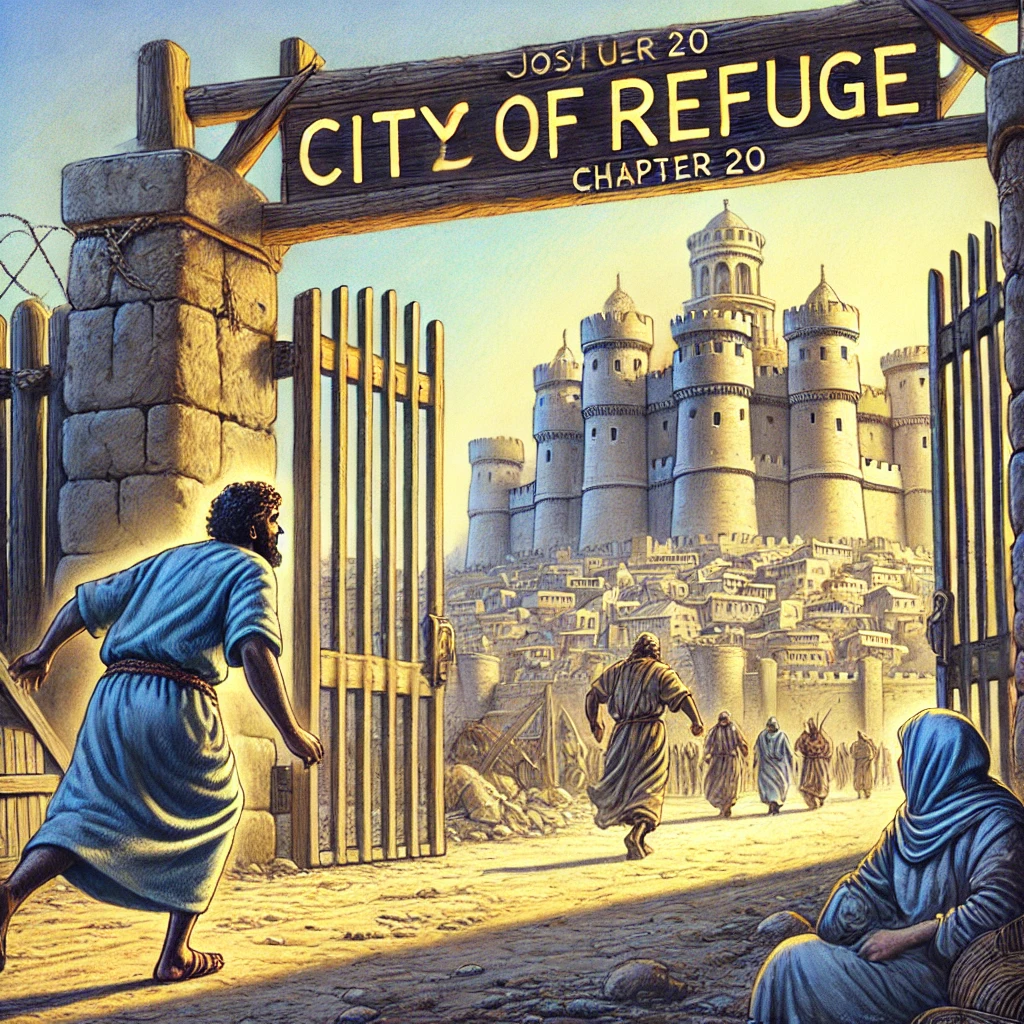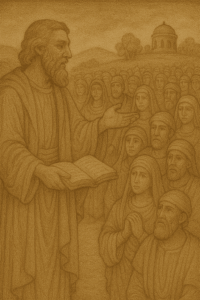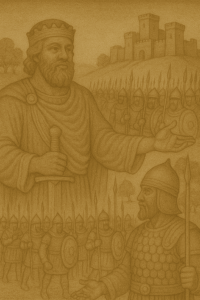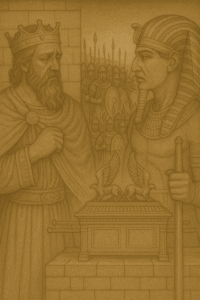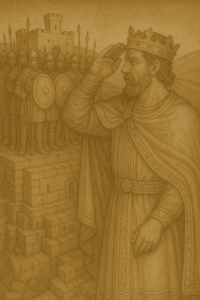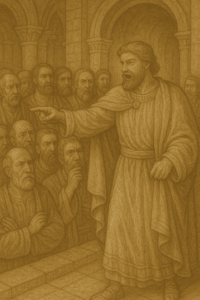Introduction.
Joshua Chapter 20 outlines the establishment of cities of refuge, a crucial aspect of Israelite society that provided protection and justice for those who unintentionally caused the death of another. This chapter emphasizes themes of mercy, justice, and divine provision. In this blog post, we delve into the key elements of Joshua Chapter 20 and explore the lessons they offer.
The purpose of the cities of refuge.
The cities of refuge were established to provide a safe haven for individuals who accidentally caused the death of another person. Joshua 20:1-3 explains the purpose:
“Then the Lord said to Joshua: ‘Tell the Israelites to designate the cities of refuge, as I instructed you through Moses, so that anyone who kills a person accidentally and unintentionally may flee there and find protection from the avenger of blood.’”
These cities ensured that those who committed unintentional manslaughter could seek refuge until they stood trial, protecting them from immediate retribution.
The designation of the cities.
Joshua 20:7-9 lists the six cities of refuge spread across Israel:
“So they set apart Kedesh in Galilee in the hill country of Naphtali, Shechem in the hill country of Ephraim, and Kiriath Arba (that is, Hebron) in the hill country of Judah. East of the Jordan (on the other side from Jericho) they designated Bezer in the wilderness on the plateau in the tribe of Reuben, Ramoth in Gilead in the tribe of Gad, and Golan in Bashan in the tribe of Manasseh. Any of the Israelites or any foreigner residing among them who killed someone accidentally could flee to these designated cities and not be killed by the avenger of blood prior to standing trial before the assembly.”
The strategic placement of these cities ensured that they were accessible to all Israelites, regardless of their location.
The role of the cities of refuge.
The cities of refuge served multiple roles within Israelite society:
- Protection: They provided a safe haven for individuals who unintentionally caused a death, protecting them from the “avenger of blood” until they could stand trial.
- Justice: The cities upheld justice by ensuring that cases of accidental death were fairly tried before the assembly, preventing unjust punishment.
- Mercy: The concept of the cities of refuge highlights God’s mercy and provision, offering protection to those who made mistakes without malicious intent.
Lessons from Joshua chapter 20.
- Mercy and justice: The cities of refuge illustrate the balance between mercy and justice in God’s law. They provided protection for those who unintentionally caused harm while ensuring that justice was served through a fair trial.
- Divine provision: The establishment of the cities of refuge reflects God’s care and provision for His people, ensuring that everyone had access to safety and justice.
- Community responsibility: The cities of refuge remind us of the importance of community responsibility in protecting and providing for those in need, particularly those who find themselves in difficult situations.
- Accessibility and fairness: The strategic placement of the cities across the land of Israel emphasizes the importance of accessibility and fairness in the justice system, ensuring that all people could reach a place of refuge.
Conclusion
Joshua Chapter 20 is a chapter that outlines the establishment of cities of refuge, reflecting the themes of mercy, justice, and divine provision. These cities played a crucial role in ensuring that individuals who unintentionally caused harm could find protection and receive a fair trial. As we reflect on this chapter, let us be inspired to uphold mercy and justice in our own lives and communities, and to recognize God’s provision for our needs.
